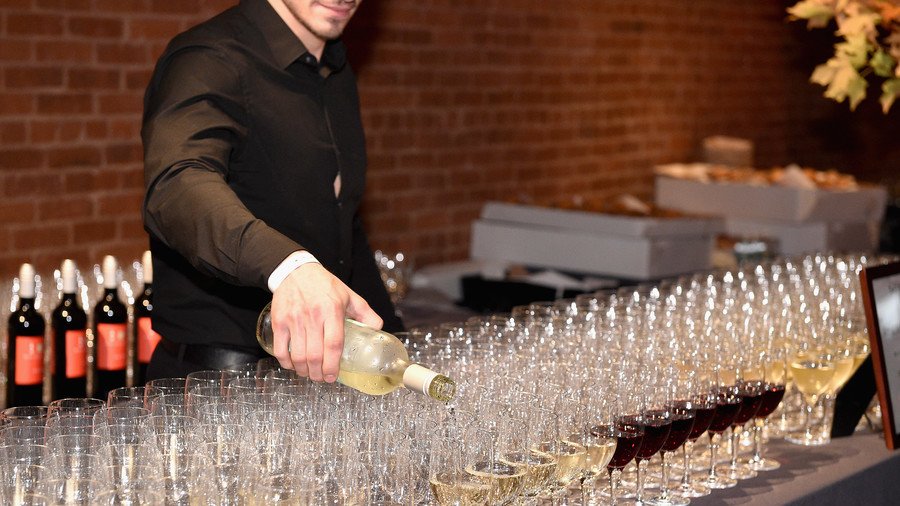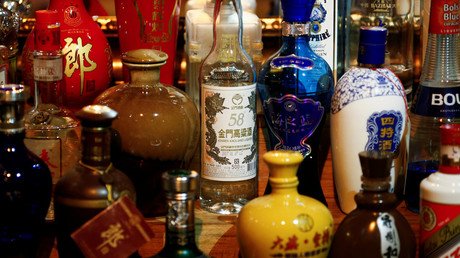Booze makes you feel angry, sexy or tearful, say scientists proving the obvious

The alcohol you choose can actually change your mood, according to researchers. They have found certain drinks can make you angry, emotional… or heighten your sex drive. A study into drink and emotions included more than 30,000 people. Each reported how different types of alcohol affected them.
Red wine induces lethargy more than white wine and 40 percent said drinking spirits made them feel sexy. The study found spirits make you feel angry, sexy or tearful and beer can make you feel relaxed.
Around a third of drinkers studied said they felt aggressive when drinking spirits, but over half said vodka, whisky, brandy and other hard drinks made them feel more confident. Spirits were also linked with restlessness and tearfulness, as well as aggression.
Men were significantly more likely than women to associate feelings of aggression with all types of alcohol, particularly heavier drinkers, it was found.
The study in the journal BMJ Open looked at people aged 18-34 from 21 different countries. Those behind the study want to make people aware of how drinkers can build a tolerance to alcohol.
Anyone who has a positive feeling from drink can begin to chase the feeling by drinking more and more. Factors including where alcohol is consumed were considered as important factors. Although the links were made, researchers were not able to determine why there is a belief certain spirits induce certain changes.
“Young people will often drink spirits on a night out, whereas wine might be drunk more at home, with a meal,” Professor Mark Bellis from Public Health Wales NHS Trust said.
“There will be an element of expectation too. Someone who wants to relax might choose to have a beer or a glass of wine.
“People may rely on alcohol to help them feel a certain way. People might drink to feel more confident or relaxed but they also risk other negative emotional responses too.”
Researchers from King's College London suggested dependent drinkers were five times more likely to feel energized with alcohol than low-risk drinkers.
“We got stronger emotional relationships with women across pretty well every type of emotion, except for aggression,” Bellis said.
The study also revealed men and women have a different emotional relationship with certain drinks.
“This study highlights the importance of understanding why people choose to drink certain alcoholic drinks and what effect they expect these drinks will have on them,” Dr. John Larsen from Drinkaware told the BBC. “The UK chief medical officers' guideline for both men and women states that in order to keep health risks from alcohol to a low level it is safest not to be drinking more than 14 units a week on a regular basis.”
Fourteen units is found in six 175ml glasses of wine, six pints of beer or 12 single measures of spirits.














